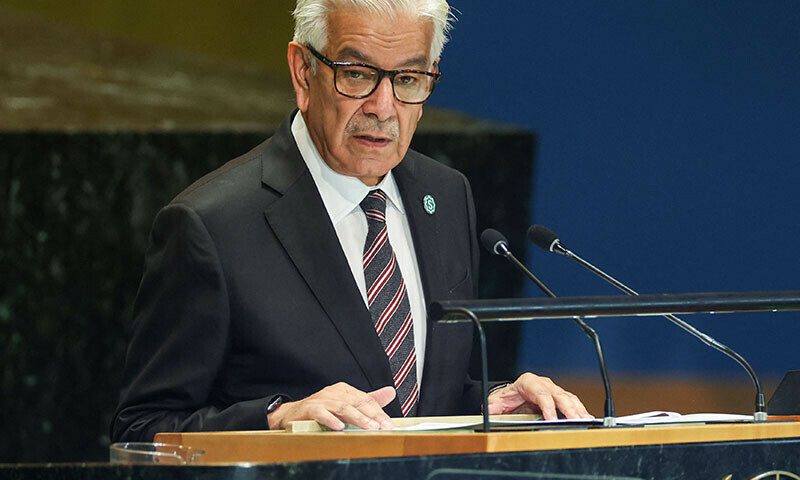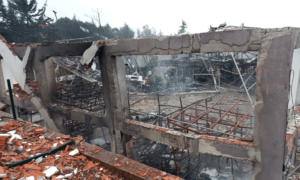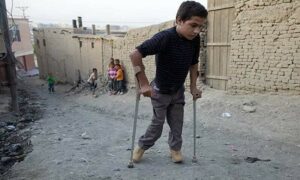Defence Minister Khawaja Asif on Tuesday said that no sustainable development can take place till “tragedies like Gaza are perpetuated by the developed world”.
His remarks regarding Israel’s onslaught on Gaza — which has killed more than 41,000 Palestinians — came at the start of his speech at the United Nations Summit of the Future in New York, which is a part of the 79th session of the UN General Assembly (UNGA).
Asif is a member of the Pakistani contingent accompanying Prime Minister Shehbaz Sharif, who arrived in New York on Monday night for the summit.
Speaking at the summit, Asif said that the adoption of the ‘Pact for the Future’ is “an expression of our collective determination to respond to the global
challenges of security and development that threaten the present and future generations”.
He noted that for more than 100 developing countries, the pact offers an opportunity to revitalise development and to reform the unequal international financial and economic system.
“The pact will be transformative only if we translate the commitments undertaken into concrete action,” he said.
Asif said that in order to bridge the $4 trillion Sustainable Development Goals (SDG) financing gap, longstanding commitments to Official Development Assistance (ODA) countries must be fulfilled, and the Secretary General’s SDG Stimulus proposal must be implemented.
Fifty per cent of the unused 2021 allocation of Sustainable Development Reports (SDRs) must be rechanneled, he added.
“[We must] deliver a bigger, better and more ambitious International Development Association by ensuring a robust $100 billion replenishment in December this year,” he said, before emphasising the need to increase the lending by multilateral development banks.
Other measures to bridge the SDG financing gap, he said, include lowering borrowing costs for developing countries; improving representation of developing countries in international financial institutions; reviewing sovereign debt architecture to make it more equitable; adopting an equitable international tax regime; and reforming the World Trade Organisation to serve as a vehicle for export expansion and development, through preferential treatment for developing countries and avoidance of new environmental protectionism.
“The UN, by virtue of its universal membership and mandate, remains an indispensable platform to propel and monitor implementation of these commitments,” Asif said.
He noted that bridging the digital divide would be the key for an equitable future.
“Pakistan welcomes the outcomes of the Global Digital Compact in this regard. We must bridge the North-South divide and prevent an East-West fragmentation of the digital space,” he said.
“We must ensure equitable data governance. And, we must capture and control the power of Artificial Intelligence.”







